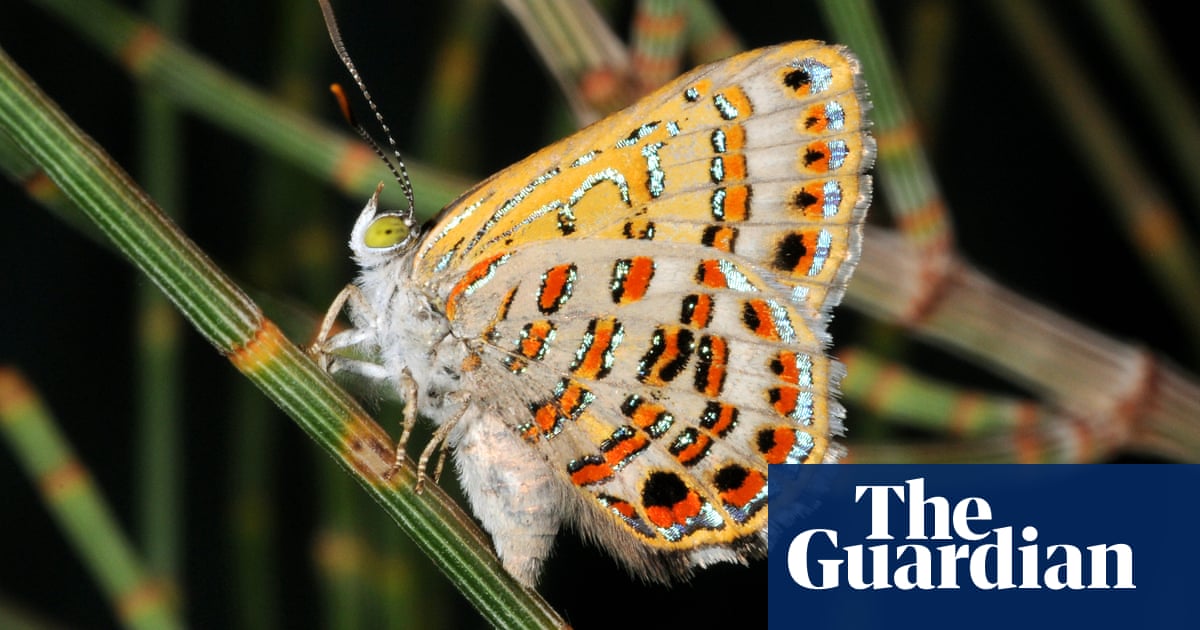Yes, but this is Australia. They’re probably all deadly poisonous in one way or another. For Australians, it’s gotta be “us or them.”
(I pick “them” in most of these situations.)
This might sound weird, but I feel we focus too much on extinction of species and not enough on the creation of new ones.
Yeah, it takes way longer, but this is just how evolution works. Some species die out, others come to take their place. It never stands still.
I’m not saying this is good or bad. It just is.
You’re an idiot.
Reported. Please be civil.
Human caused extinction is extremely accelerated compared to species going extinct due to environmental changes like ending an ice age. It it also extremeley recent, compared to billions of years of evolution. So on one hand you have highly accelerated extinction in practically a blink of an eye (consider the last few hundred years or maybe few thousand if you go back to wooly mammoths - still a blink compared to billions). On the other hand, new species are not created by humans and it’s still widely science fiction to even consider the possibility.
On the other hand, new species are not created by humans and it’s still widely science fiction to even consider the possibility.
Right, partially. Any new species that arise (which they will) will be a result of their environment. In many ways, it can be in spite of humans rather than because of them. As in, the traits that are more fit to resist our expansion will have a better chance at being passed down.
Sure, but that’s not us creating new species. And evolving a species that is selected for thriving alongside humans does not happen in a few thousand years. So what you are proposing doesn’t make sense. We absolutely, crucially need to try and avoid killing off species because the lost biodiversity has dire implications.
I’m not ‘proposing’ anything. I’m just describing the world we live in.
This is the best summary I could come up with:
The environment minister, Tanya Plibersek, announced the bulloak jewel butterfly, Kate’s leaf-tail gecko, and 16 types of native spiny crayfish were among 48 species that had “been given greater protection under Australia’s national environmental law” by joining the threatened list.
The listings come as Plibersek announces a draft national plan to tackle feral cats, which a report released this week found were having the greatest effect on Australia’s biodiversity.
We are a world leader in sending mammals to extinction – and it is mostly because we keep allowing their homes to be bulldozed, logged and overrun,” nature campaigner Jess Abrahams said.
The Invasive Species Council welcomed the plan as a “comprehensive” proposal to address a threat that caused millions of Australian animal deaths each day.
The Australian Marine Conservation Society welcomed the $2.1m for a captive breeding program but said the government must address the biggest threat to the skate’s survival, which was degraded water quality in Macquarie Harbour.
“Removing salmon pens would give the Maugean skate a fighting chance of survival, as well as addressing the freshwater flows from the hydroelectric dams.”
The original article contains 759 words, the summary contains 183 words. Saved 76%. I’m a bot and I’m open source!





